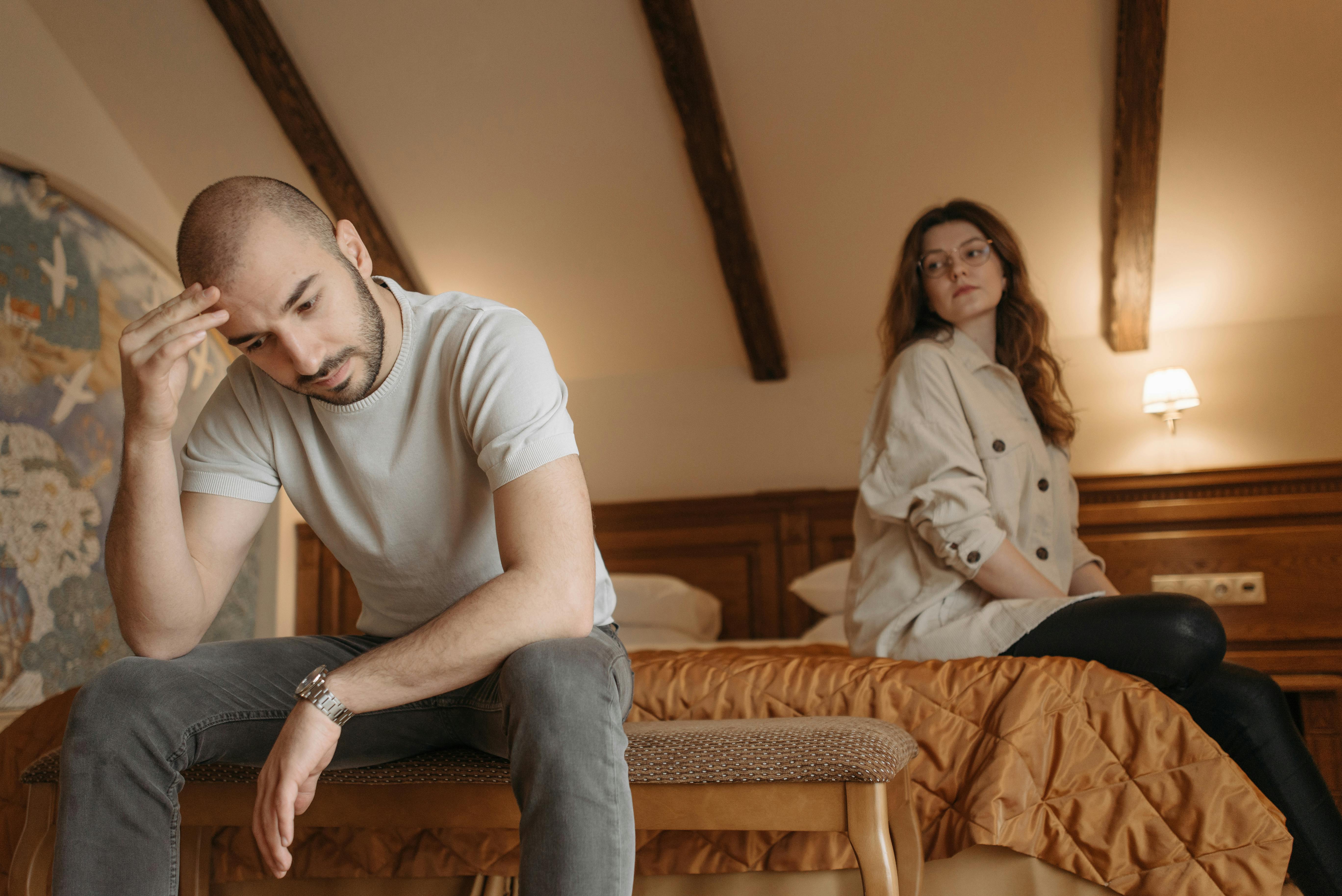Protect your hearing from excessive noise
The best thing you can do to safeguard your hearing is to reduce your exposure to unnecessarily loud sounds. Hearing loss caused by environmental noise pollution is known as noise-induced hearing loss or acquired hearing loss and is considered the second leading cause of hearing loss after aging. While many people take precautions when frequenting a shooting range, most of us don’t understand that even ordinary loud sounds can cause irreversible damage from machine shops, dance clubs, rock shows, and even car traffic. with honks. , all can have dangerously high sound levels. Great care should be taken and preferably use earplugs or hearing protectors. While listening to music at home, it is recommended to keep the volume low.
Solid lifestyle, solid hearing
A simple signal to determine if a person is headed for Hearing Loss is that they ask you to repeat yourself or to raise your voice.
Sound becomes noise when it harmonizes our auditory framework. Many sounds in nature are noises in our advanced society, from time to time we are bombarded by noises of many kinds. Furthermore, our ears have not evolved to feasibly protect themselves from the impacts of noise.
These sounds become dangerous when the volume in decibels (dB) exceeds 85 dB, the level our ears can handle:
– Below 85 dB, there is little danger of hearing damage. This is usually the volume of a vacuum cleaner or someone who snores, for example.
– Above 85 dB, the noise ends up damaging – and the higher, the more damage it does. Sounds in a nightclub often reach almost 100 dB.
For what reason does it make a difference?
Exposure to loud sounds can cause permanent hearing trauma, hearing fatigue, tinnitus, or even rupture of the eardrum.
In addition to protecting the ears from harmful sounds, there are also other good habits that can be adopted that also lead to general well-being in addition to protecting the ears. For example, heavy drinking can damage the part of your brain that is in charge of hearing, while at the same time smoking can also seriously damage the delicate hearing organs in the inner ear by limiting the blood supply to these delicate cells.
Furthermore, a healthy and healthy lifestyle prevents numerous health problems; Other lifestyle-related diseases, such as diabetes and hypertension, can also have a negative effect on your hearing.
Treat your ability to listen like you treat the rest of your body.
You visit the dentist twice a year and have your eyes checked at regular intervals, but when was the last time you tested your hearing? Hearing loss is not like a toothache or poor eyesight, hearing loss comes very slowly and it is usually the other person who notices it and not the affected person. The affected person feels that the speaker speaks in a low voice. However, untreated hearing loss can have serious and far-reaching effects on our personal, social, and physical well-being.
As you are consistent with checkups for the rest of your body, make sure your hearing is tested at regular intervals as well. The American Speech-Language-Hearing Association suggests that adults should be screened for hearing loss once every decade consistently until age 50 and every three years thereafter. If hearing loss is detected, schedule an appointment with a hearing care professional immediately. They can confirm whether your impaired hearing is temporary and can be restored by medical treatment or the beginning of a permanent loss. Don’t be ashamed of your Hearing Loss, 1 in 3 people over the age of 60 suffers from Hearing Loss.
